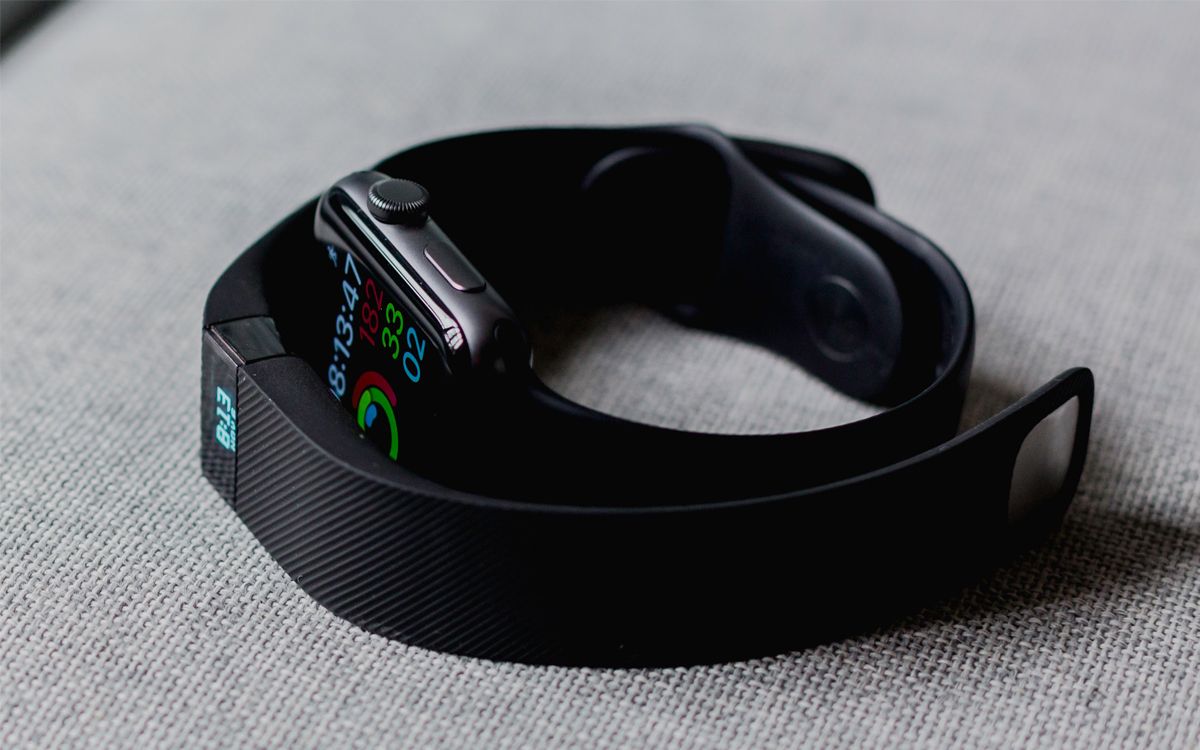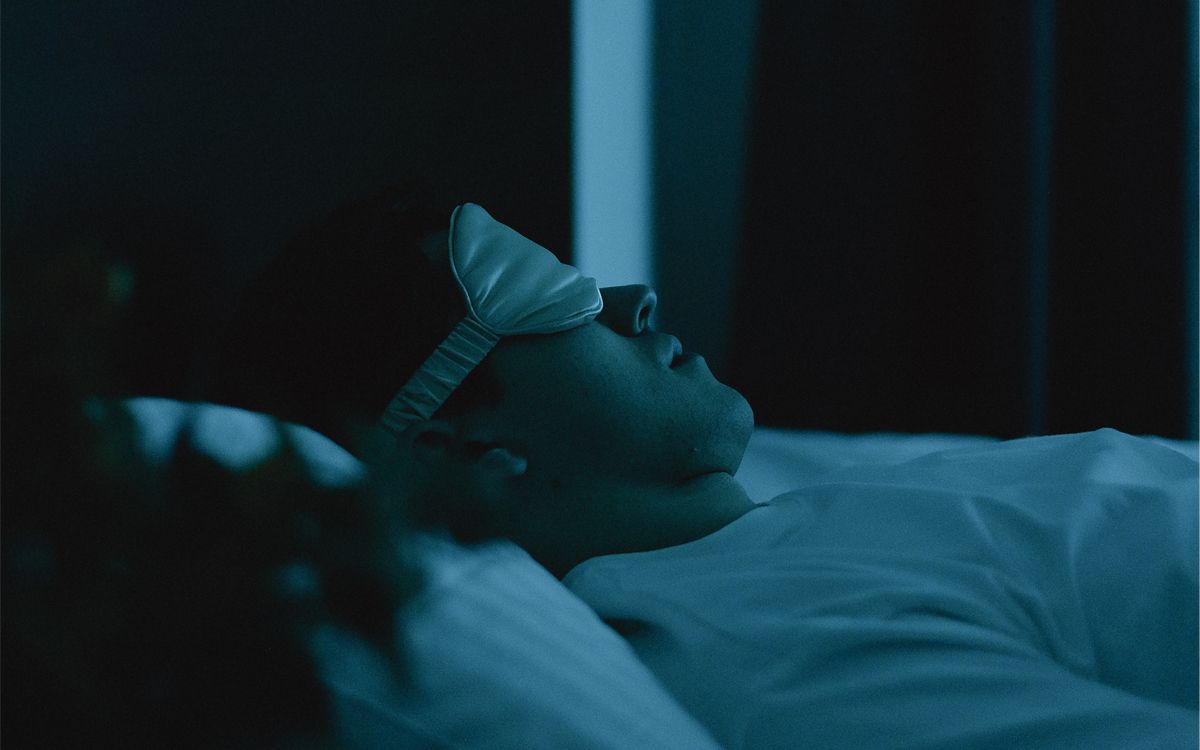Not getting enough sleep over an extended period may lead to chronic sleep deprivation and a wide array of health problems. If you’ve accumulated a lot of sleep debt, you can still revert to a healthy sleep cycle. Here’s how to catch up on lost sleep and promote positive sleep habits.
What Is Sleep Debt?
Sleep debt is the difference between how much sleep you need and how much you get. You accumulate sleep debt when you don't sleep enough. While losing an hour or two of sleep a night may not seem like much, it adds up in the long term.
Significant sleep debt can lead to several negative impacts on your health, from feeling tired and having brain fog to struggling to comprehend new information and even experiencing physical changes in your body.
Top 5 Ways to Catch Up on Sleep
Sleeping extra hours on the weekend to get rid of your sleep debt doesn't work. Research published in the journal Sleep has shown that while your body adapts to sleep restriction, cognitive performance suffers a decline. Here's how you can adopt better sleeping habits to help return your body and mind to a healthier state.
1. Create a Sleep Schedule
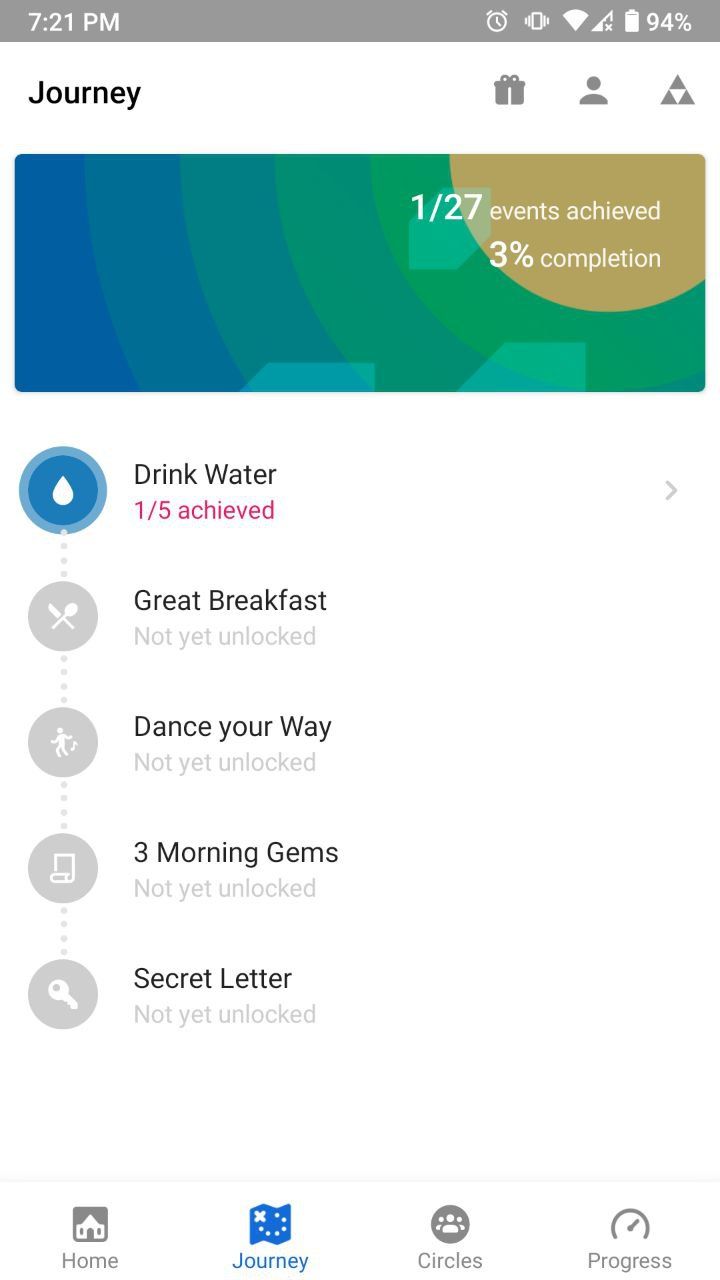
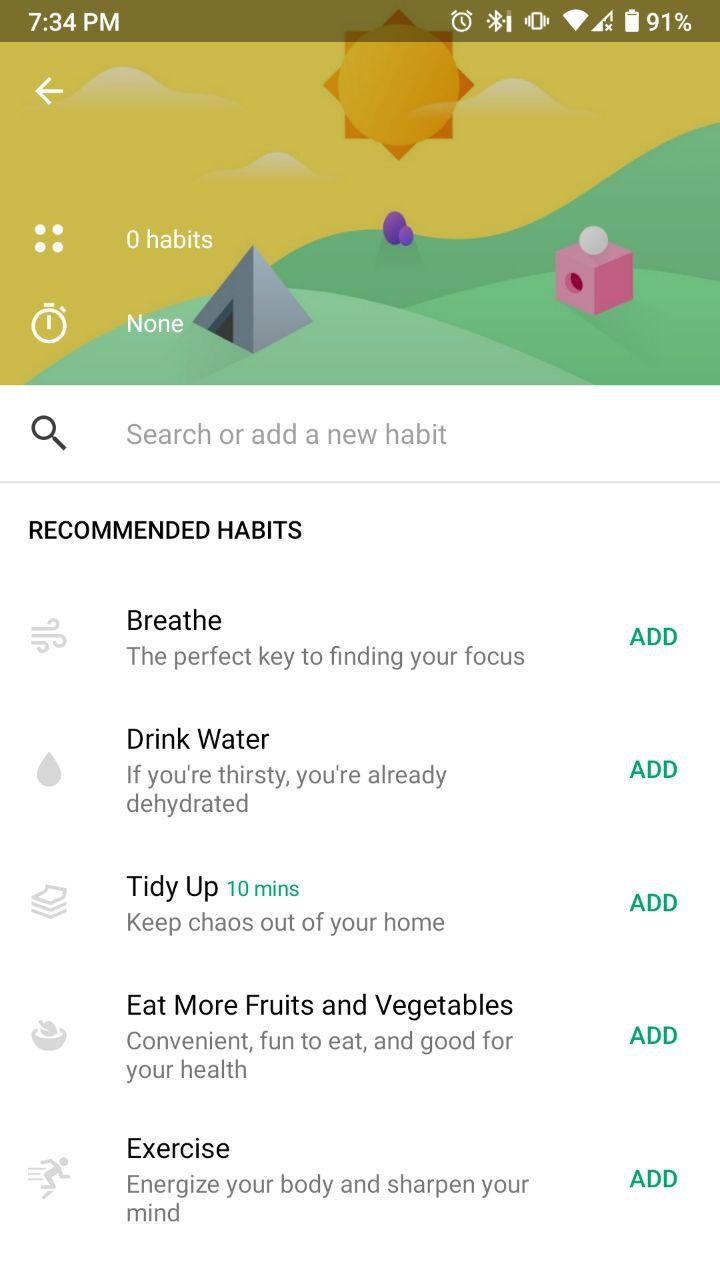
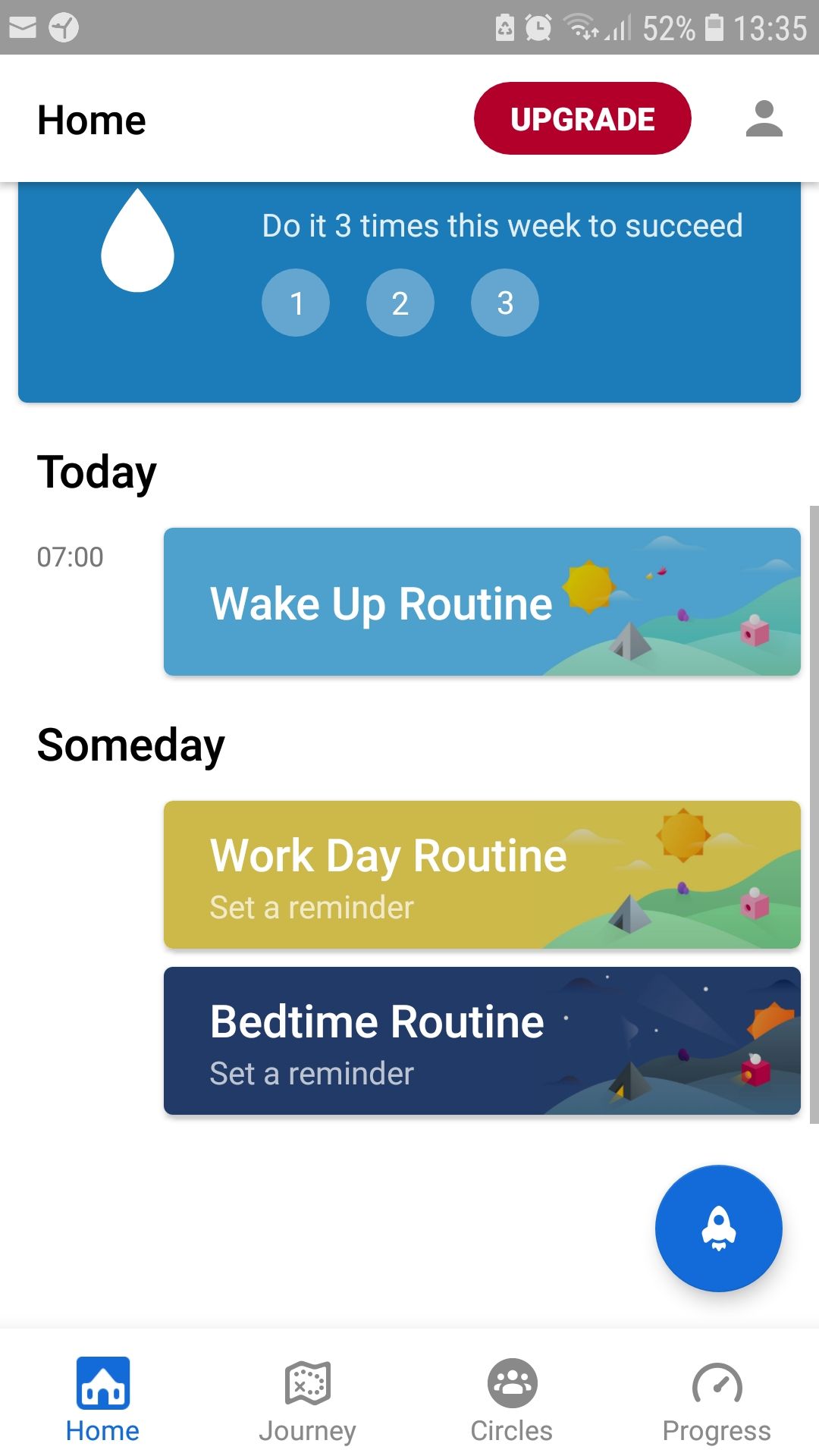
Consistency is crucial for correcting a broken sleep schedule. A sleep schedule forces your body to prioritize sleep. Apart from having a fixed time for going to bed, having a relaxing nighttime routine is essential to prepare yourself for sleep.
While suddenly changing your sleep habits can be an uphill task, the Calm app can help you fall asleep faster through guided meditations, stories, and music. It has an extensive library of audio sessions designed to help you relax.
Additionally, good daytime and nighttime routines are essential. For example, spending time on your devices before sleep can distract your brain while you're trying to wind down. You can build better routines with Fabulous, an app focused on starting healthy habits and sticking to them. With Fabulous, you can create a morning routine, productive to-do lists, and a nighttime routine. It uses behavioral science to help you stay accountable.
Download: Fabulous for Android | iOS (Free)
2. Track Your Sleep
Tracking your sleep can tell you a lot about your sleeping patterns. Advanced sleep trackers such as the WHOOP 4.0 and the Oura Ring can provide detailed analytics. Your sleep data can also help identify sleep disorders.
The WHOOP 4.0 is a comprehensive sleep and activity tracker that tracks different sleep stages, how much sleep you need, and your sleep debt. Additionally, features such as a sleep coach and respiratory tracker make WHOOP a great health-monitoring wearable.
If you want an even more compact and discreet tracker, try the Oura Ring. It is one of the most accurate holistic trackers on the market. Apart from tracking your sleep, the Ring also gives you a Readiness Score, which can tell when you are stressed, refreshed, or sick.
3. Try a Sleeping Mask
Missing out on sleep for a couple of days can disrupt your circadian rhythm. Irregular circadian rhythms make falling asleep during the day or night much harder. A sleep mask can help you relax by blocking out light that might otherwise impact your circadian rhythm.
Smart sleeping masks such as Therabody SmartGoggles and the Sound Oasis help take this a step further. Therabody's SmartGoggles are intelligent eye massagers. The mask detects your heart rate and adjusts its heat and vibration settings to calm you down. It helps eliminate eye strain using the Focus mode and vibrations of multiple intensities. Thus, SmartGoggles may have a bigger health impact than some other wearables.
The Sound Oasis is another advanced sleeping mask. It blocks visual distractions and uses pulsating lights to make you fall asleep faster. With these features, a smart sleeping mask is an effective tool that may help you get the sound sleep you need in any environment.
4. Take Midday Naps
One of the most common myths while trying to recover lost sleep is that oversleeping on the weekend is an instant cure. You cannot undo the damage chronic sleeplessness does by sleeping extra on a day off. Daily midday naps are a far better alternative for getting some rest and feeling refreshed.
A study published in the journal Sleep has shown that even a 10-minute nap provides immediate benefits in alertness and refreshment. However, getting into the habit of napping may feel uncomfortable. First, set an alarm for 20 minutes and put your phone in Do Not Disturb mode.
Then, to help you sleep, try listening to soothing music on the Calm app or use a relaxing sleep mask. If you use a fitness tracker such as a Fitbit or Apple Watch, you might have to use an app to manually record your nap because fitness trackers might not recognize and record naps as short as 10 or 20 minutes.
5. Get Help For Sleep Disorders
Chronic sleeplessness can have a severe impact on your overall health. In many cases, sleep loss can interfere with everyday activities. In that case, consulting with a doctor is important to detect any undiagnosed sleep disorder. You can try telemedicine, which has made at-home consultations feasible and cost-effective.
Several telemedicine apps such as Doctor on Demand and Talkspace are ideal for online consultations. Additionally, you can test for various sleep disorders right from your home. SleepCare Online is a company that offers at-home sleep testing kits.
It offers Night Owl, a tiny sleep apnea testing device that's FDA-approved and clinically validated. If you have insomnia, you can also try the Insomnia Coach app, which is designed for veterans and military service members. It uses cognitive behavioral therapy (CBT) to treat insomnia.
Eliminate Sleep Debt For a Healthier Life
Lack of sleep has been linked to several negative health effects, and the problems are exacerbated by the overuse of technology and extended work hours. Additionally, the remote working model has blurred time management for many people.
That makes it all the more important to maintain a proper sleep schedule. Don't worry if you have a lot of sleep debt—you can use these tips to start optimizing your schedule today.


